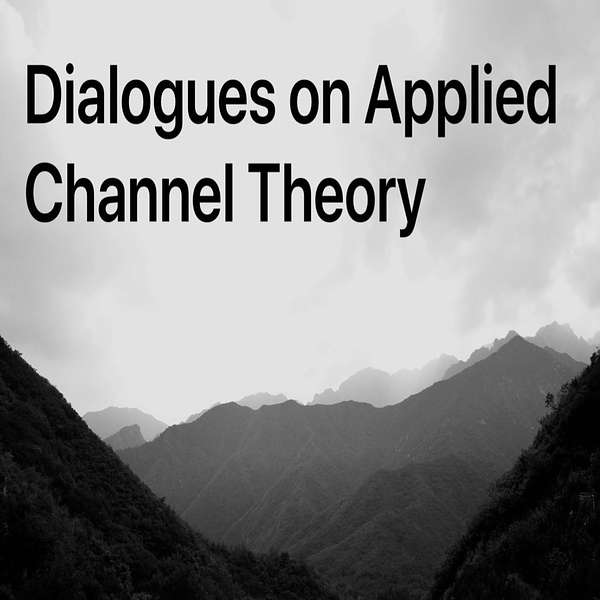
Dialogues on Applied Channel Theory
Applied Channel Theory (經絡醫學 jīng luò yī xué) is an approach to acupuncture rooted in the dual research threads of classical texts and modern clinical application. Developed by Dr. Wang Ju–yi over 50 years in Beijing clinics, hospitals and research institutes, it involves the rigorous combination of theory and diagnostic technique. In addition to channel examination, Applied Channel Theory is a comprehensive system that includes channel theory, methods of channel diagnosis, the nature of acupuncture points, and various treatment methods. Dialogues on Applied Channel Theory is a series of discussions on Dr. Wang Ju-yi's medical system hosted by his official apprentices -- Yefim Gamgoneishvili, Jason Robertson, Nyssa Tang, Mei Li and Jonathan Chang. Conversations will cover a wide range of topics related to Applied Channel Theory, from clinical cases, to methods channel examination and deeper discussions on channel theory. This group is intended for licensed TCM practitioners and students at accredited TCM institutes. This podcast is not meant to be a substitute for professional medical care. Treatments described herein are not intended for self-medication or treatment by those who lack training in Traditional Chinese Medicine. Dialogues on Applied Channel Theory, its hosts and guests are not responsible for any injury or damage that may result from the improper application of information from the podcast. www.channelpalpation.org
Dialogues on Applied Channel Theory
Episode 52: The Importance of the Primary Symptom (主癥 zhǔ zhèng)
•
Wang Ju-Yi's Applied Channel Theory Research Center
In this episode, Yefim Gamgoneishvili and Jason Robertson discuss the centrality of placing a 'primary symptom' (主 症 zhǔ zhèng) at the heart of the diagnostic process. Dr. Wang Juyi would often emphasize that the careful choice of a primary symptom was the crucial first step in the process of perceiving symptom-pattern-structure (症候结构 zhèng hòu jié gòu). While many students and practitioners learn this concept early in their training, we all can make the common clinical error of diffusing the effects of acupuncture by needling single points for single symptoms.
Music by The Strayun: Clancy of the Overflow. If you're interested in listening to the entire song, please visit: thestrayun.bandcamp.com/track/clancy-of-the-overflow